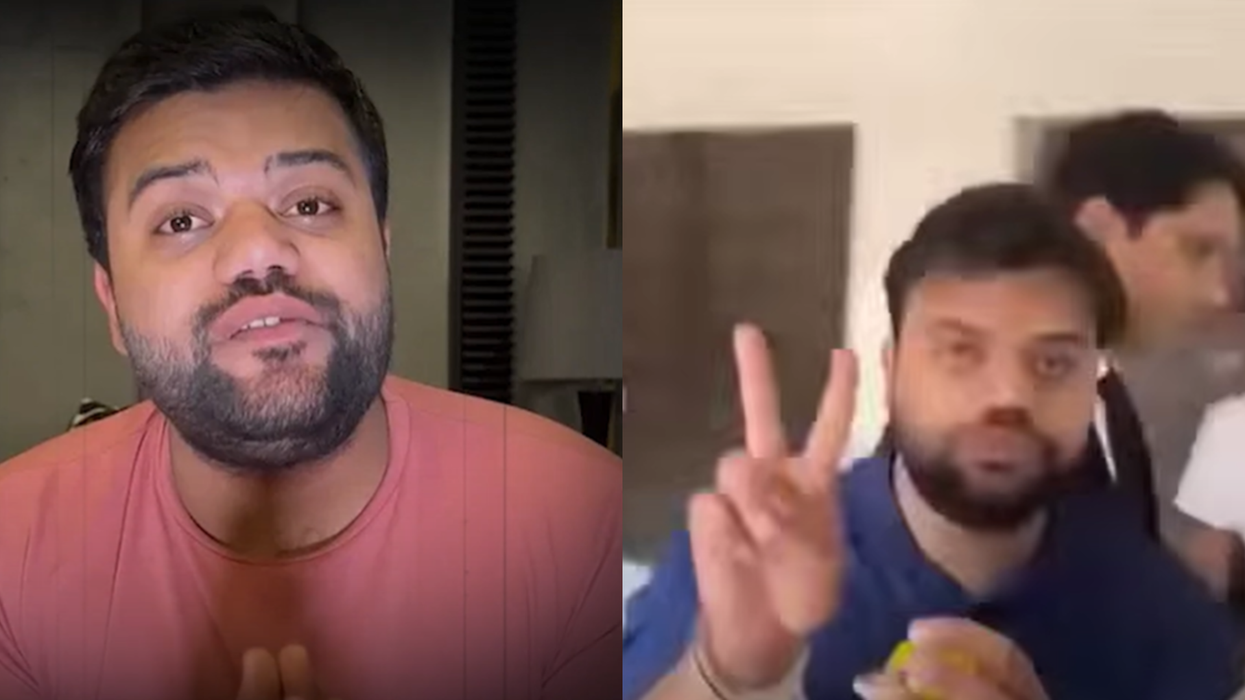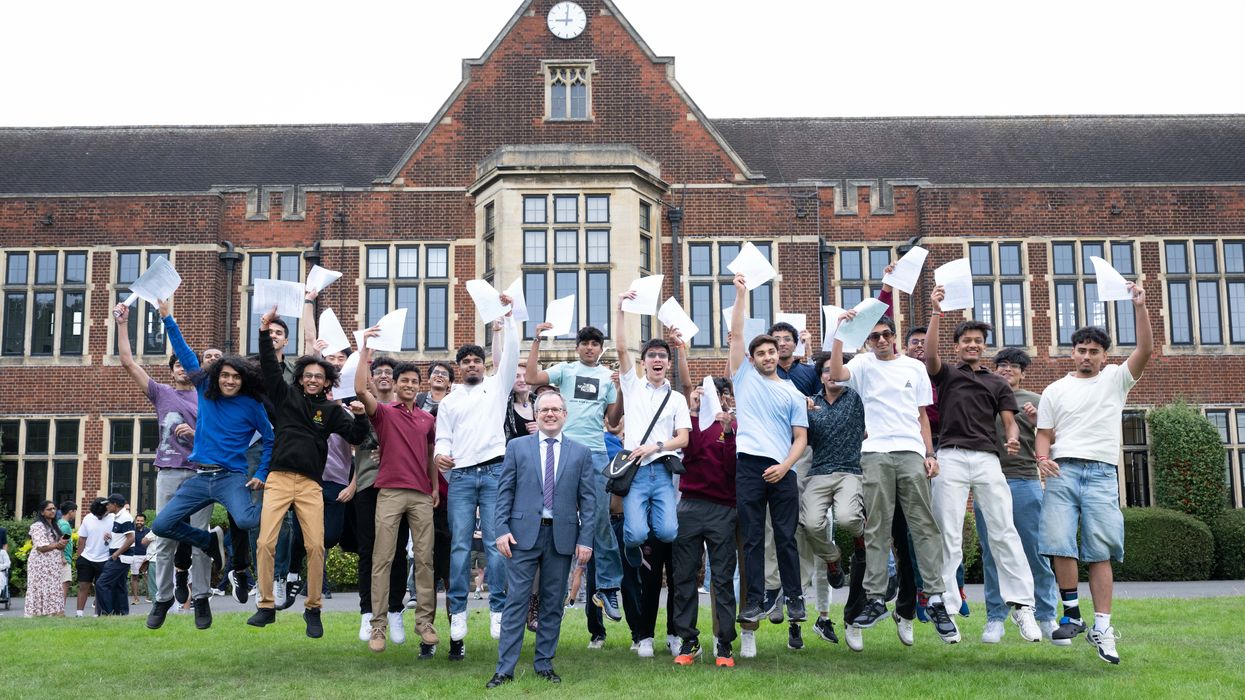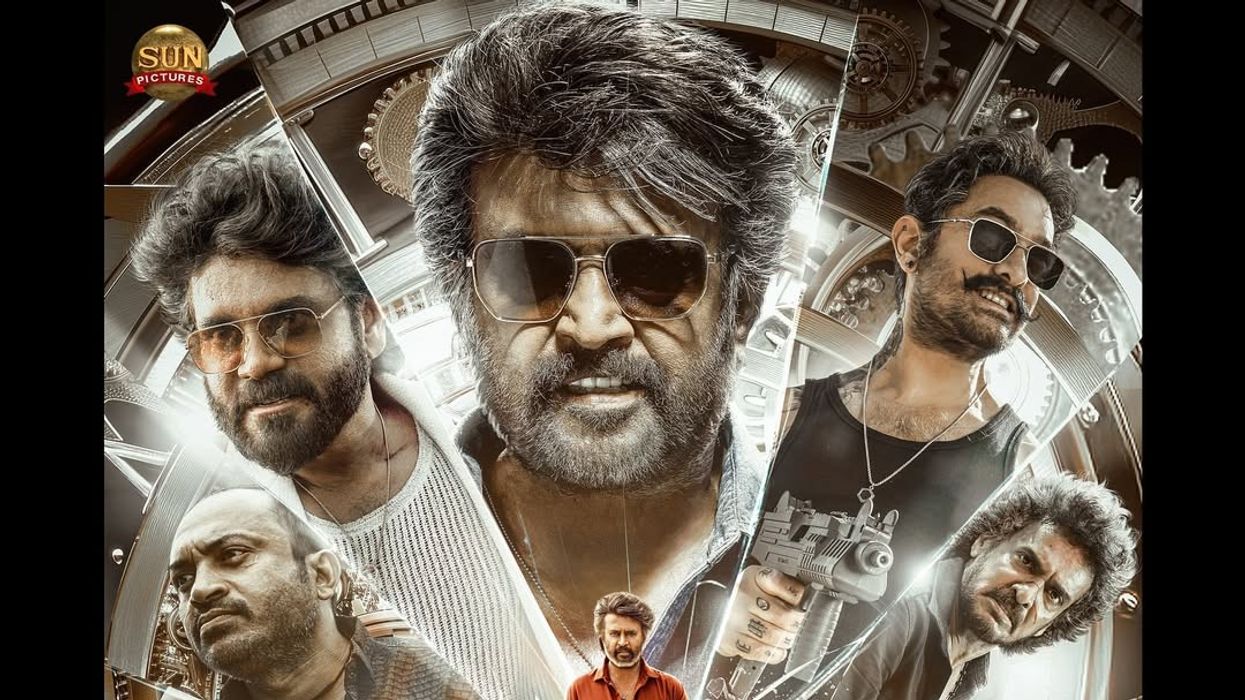BOOHOO GROUP has become a phenomenon in the fashion e-commerce space of the UK, growing vertically since its inception in 2006.
However, and far more recently, controversies have dogged it and its financial position isn’t as rosy as it was once upon a time, as the sector – fast fashion which it helped to create more than a decade ago – faces myriad challenges.
Sales most recently were down in the early part of 2023 and figures across showed sales down and declining.
The Leicester garment worker controversy also erupted again following a protest at a panel event where senior company executives were speaking in February. A group called fair fashion interrupted the London event and shouted slogans. In 2020, it had been alleged that some Leicester garment workers received less than minimum wage – with some earning just £3.50 an hour. Boohoo denied being directly involved and said an independent contractor supplying clothes to the chain may have been at fault and agreed to investigate the issue.
But over time, the group and the family behind it have transformed the fashion scene – whatever might be its current challenges.
It remains one of Britain’s top destinations for fashion and lifestyle for all occasions and its market capitalisation beat those of the order rivals ASOS and Marks & Spencer during the early days of the pandemic.
Behind the success of the group is its co-founder Mahmud Kamani who scripted the near rags-to-riches story.
Together with his sons Adam, Umar and Samir, he works with the motto of making fashion affordable to all. They made the group an inclusive and innovative global brand by targeting young and value-oriented customers.
Going by its scale of operations - Boohoo clocked a revenue of £1.52 billion for 10 months to December 2022 - it’s difficult to believe the Manchester-based group made a humble beginning in a warehouse with just three employees.
Kamani, who has a reputation as a tough deal-maker, learnt the ropes of the business from his Indian-origin father Abdullah.
Having left war-torn Kenya in the 1960s with a few hundred pounds in his pocket, Abdullah came to the UK where started selling bags at a market stall. He set up a wholesale textile business - Pinstripe - sourcing goods mainly from India and soon became a major supplier for high-street retailers including H&M, Topshop, Primark and New Look.
Kamani, born in 1964, grew up in the wholesale business delivering goods in a van for his father.
In 1993, Pinstripe hired Carol Kane who set up the firm’s design team. Some 13 years later, Kamani and Kane together established Boohoo at a time when the e-commerce sector was growing rapidly.
Boohoo focussed on low-cost clothes with trendy styles, something that struck a chord with young British women.
Under Kamani’s stewardship, the group became a fast-fashion engine with its ability to quickly source garments from Leicester factories to cater to social media-fuelled trends.
It implements a test-and-repeat model that brings the latest trends and fashion inspiration in a matter of days or weeks to its customers across the world.
It has made eye-popping strides in the past 17 years with both organic and inorganic expansions. In 2017, it acquired the brand Nasty Gal followed it up with the takeover of MissPap, Karen Millen and Coast and Oasis brands.
In 2021, the group acquired the intellectual property assets of Debenhams, Dorothy Perkins, Wallis and Burton brands.
Today Boohoo has offices in London, New York and Los Angeles while its headquarters in Burnley employs some 1,500 people.
It is reported that the group adds some 3,000 new models to its website with an average price of £20.
Boohoo Group had 19 million active customers across all its brands around the world as of August last year.
Adam and Umar, who have inherited the family’s entrepreneurial traits, co-founded the online retailer PrettyLittleThing in 2012 to sell clothing and accessories to women, mainly aged 12-25 years. The firm also grew rapidly, shipping thousands of parcels every day and established itself as a vibrant fashion brand. Boohoo acquired the company in 2017.
Celebrities like Khloe Kardahsian, Hayley Bieber, Little Mix, Nicole Scherzinger and Paris Hilton have endorsed PrettyLittleThing.
On social media, Umar, who was an amateur boxer, is as popular as PrettyLittleThing of which he is the chief executive officer. The BA international business graduate from Manchester Metropolitan University has 1.2 million followers on Instagram.
Regarded as the king of fast fashion, he was named by Tatler magazine in 2019 as the eighth most eligible bachelor, alongside former One Direction star Harry Styles and the Duke of Roxburghe.
As documented on his Instagram account, music icons such as P Diddy and Jennifer Lopez are among his friends.
Kamani’s other son - Samir Kamani - leads Boohoo's menswear division, known as BoohooMan, which sells a range of items including t-shirts, jeans, sweats, knitwear, coats and accessories.
Kamani himself keeps a low profile. His wife Aisha, who he met at college in Manchester, usually represents him at numerous celebrity parties organised by the group’s companies.
While his children use Instagram for marketing, Kamani himself is not comfortable with that kind of publicity.
What is the secret of his success? He once said, “some people like golf, others like football (but) I like work”.
Kamani, 58, has already begun the passing of the Boohoo baton to the next generation. He and Carol Kane left their roles as chief executives. While Kane became the group’s creative director, Kamani took over as the executive chairman.
Now, he is a wealthy man with his family having properties in New York and Dubai and other places. But he nostalgically recalls his days when he was not so rich.
“We all lived in one rented room above my mum’s shop – seven of us – and we cared for my grandfather too,” Kamani told Daily Mail in 2020.
The family worked really hard and “that is what our parents instilled in us – that we could be whoever we wanted to be if we worked hard enough,” he said.
He has an emotional attachment to the shop and flat that his family bought before his business began its tremendous strides.
He still owns it today because he “could never part with it”.
“I still drive past it and say a little prayer of thanks, because that’s where it all began,” Kamani said.
He takes pride in his hard-working children. But for him, his father was his ‘hero’, ‘best friend’ and “most precious thing”.
Despite being busy with his business, Kamani has retained his connections with Kenya where he supports Kibera Kids, a Nairobi-based non-profit organisation.
His brother Jalal worked as the trading director at Boohoo.









